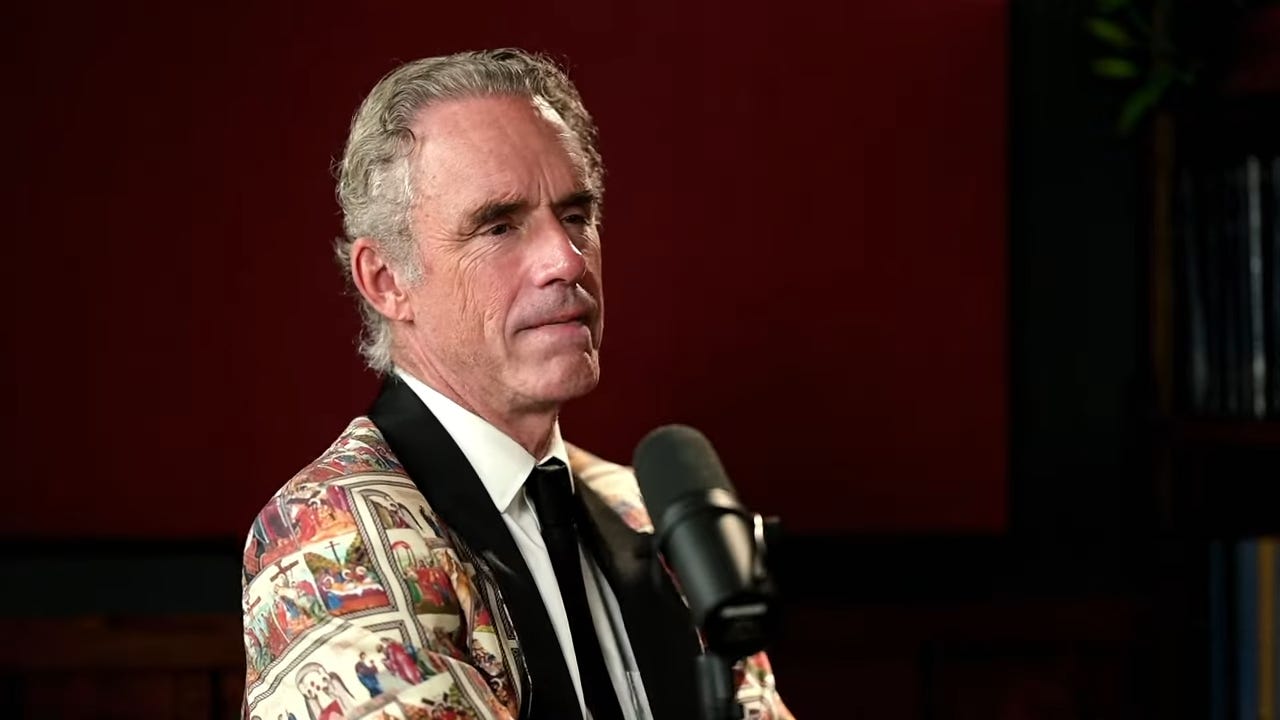In a recent discussion on climate change, a group of hundreds of scientists delivered a sobering message: we are unlikely to meet the climate goals necessary to prevent catastrophic global warming. Their predictions paint a grim picture for the future, with the Earth's average temperature expected to rise by 3 degrees Celsius, far exceeding the 2.5-degree threshold deemed manageable.
This dire forecast is not just a matter of abstract numbers. The consequences are tangible and severe, encompassing a range of devastating impacts on human life and the environment. Millions are expected to face starvation as agricultural systems falter under extreme weather conditions. The financial cost of protecting coastal cities from rising sea levels and bolstering electrical grids against increased strain is projected to be incalculable.
Moreover, the health impacts are alarming. Heatwaves, projected to increase in frequency and intensity, are likely to cause a significant rise in heat-related deaths. The havoc wrought on food supplies will exacerbate global hunger, while the resulting mass migrations will strain infrastructure and resources in both developed and developing regions.
Regions unaccustomed to severe weather phenomena like tornadoes and hurricanes may find themselves grappling with these disasters for the first time, complicating response efforts.
Yet, amid these warnings, there remains a segment of the population skeptical of the scientific consensus. In a podcast episode that could serve as a cautionary tale for aspiring critical thinkers, Byzantine Catholic podcaster and "Pints With Aquinas" host, Matt Fradd, recently treated us to his unique brand of climate change skepticism.
Armed with the intellectual equivalent of a foam sword and the rhetorical prowess of a Reddit troll, Fradd decided that the entire scientific community was misguided, and he, guided by the wisdom of Jordan Peterson, possessed the "real truth."
Apparently, the vast majority of climate scientists are mere pawns in a grand conspiracy, churning out "nonsense" research for fame and fortune.
Imagine a world where the climate crisis is just an overhyped fiction, a sort of global bedtime story to keep the masses in line. In this world, Peterson would be the hero, fearlessly debunking myths while the planet quietly simmers away in the background.
Ah, yes, Jordan Peterson, the patron saint of contrarian thought and self-help gurus. Fradd couldn't resist summoning the spirit of Peterson, perhaps hoping some of that sweet, sweet intellectual rebellion would rub off on him.
He even attempted to invoke the Pareto principle, or the 80/20 rule, to argue that a small minority of scientists are responsible for most scientific progress. It seems he missed the memo that the Pareto principle is a rule of thumb, not a scientific law, and is about as useful in this context as a screen door on a submarine.
But wait, there's more! This intellectual warrior also claims that climate action is harming the poor. Never mind the countless studies demonstrating the disproportionate impact of climate change on vulnerable communities. Who needs facts when you have cherry-picked data and the unwavering support of an online echo chamber?
In the immortal words of Bugs Bunny, "What a maroon!"
Fradd has managed to achieve the impossible: he has made climate denial look even more absurd. Perhaps he should stick to what he's good at, like dissecting the theological implications of beer or something.
The influence of figures like Peterson in shaping public opinion cannot be understated. His claims resonate with those already inclined to question mainstream scientific views, fostering a sense of doubt and resistance to urgent climate action. This dynamic underscores the critical role of effective communication and public education in addressing climate change.
As the climate crisis looms larger, the importance of relying on credible scientific evidence becomes ever more crucial. The voices of the scientific community, emphasizing the urgent need for action, must be amplified to counter misinformation and skepticism. The stakes are too high to allow doubt and denial to dictate the course of our collective response to one of the most pressing challenges of our time.
So, next time you encounter a podcaster spouting nonsense about climate change while name-dropping Jordan Peterson, remember this episode. It's a reminder that a microphone and a captive audience do not make an expert . And if they happen to mention the Pareto principle, feel free to roll your eyes and move on. After all, life's too short to argue with someone who thinks a podcast appearance is the equivalent of a peer-reviewed scientific paper.






Bravo. I have many posts about JP.
Unfortunately corporate capture has engulfed all of governance - including University sustaining funds, all the way down to who / what study areas get grant money, and further, even some peer review spaces that were cornerstones of the scientific process (like NEJM) have been shown to be corrupted by flows of money. Look at climate change research over the last 1/4 century in this new light and it is obvious there has not been a scientific process where in various hypothesis are advanced researched and published and then counter-hypothesis back0and-forth has not happened - instead scientists fighting for funding who do not support the initial posit - that CO2 is causing heating - have been shunned, defunded, and forced to go away and work on something else. All the same dysfunction became apparent during the pandemic when 'follow the science' PR framing that happened publicly, had already been institutionalized in the scientific community starting way back in the 1990s when corporate power over what get funded began to be apparent.
And I know - this spells an end to the enlightenment in the west - get your head around it, it has happened, is happening.